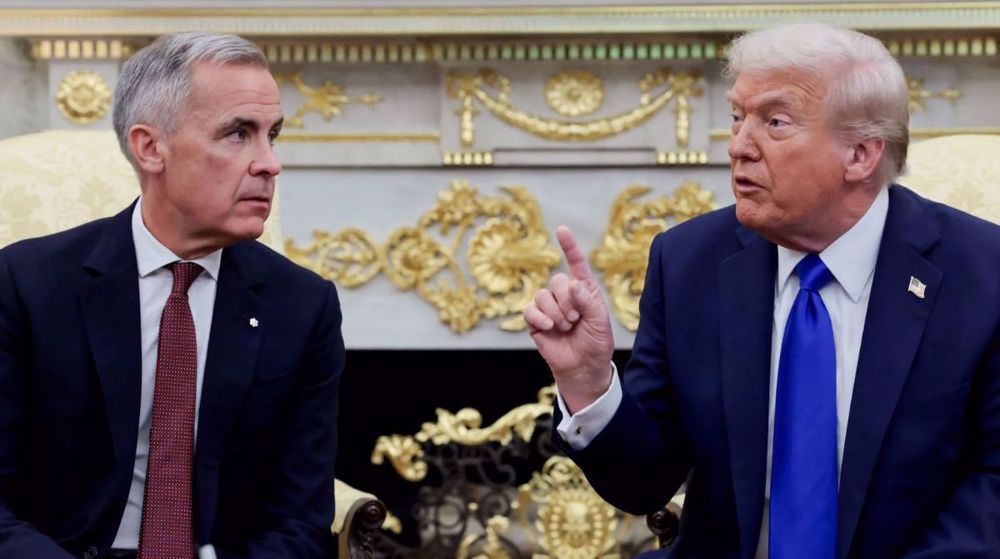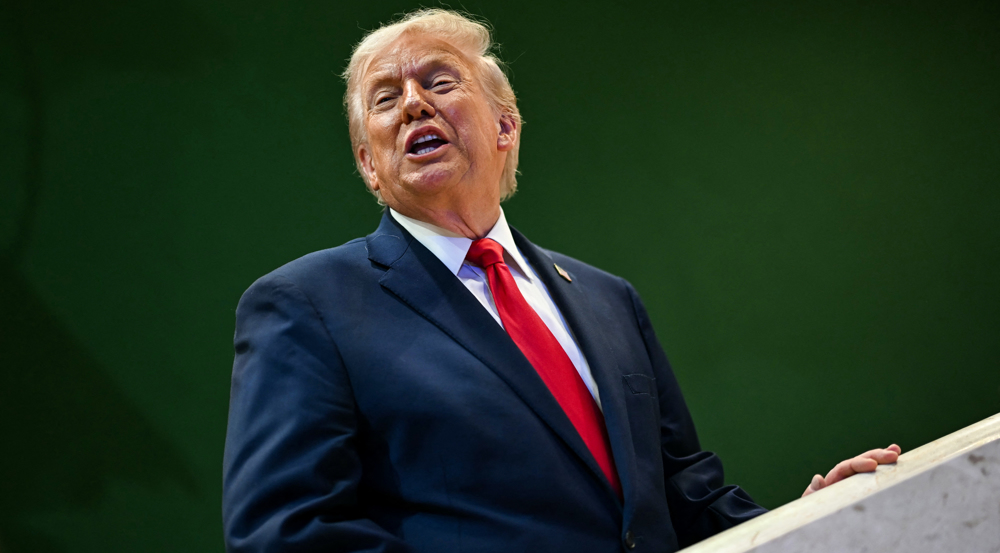US House votes to end NSA phone collection
The US House of Representatives has approved legislation designed to put an end to the National Security Agency's controversial collection of Americans’ phone records.
In a bipartisan vote of 25 to 2 on Thursday, the House Judiciary Committee overwhelmingly passed the bill known as the USA Freedom Act which seeks to codify President Barack Obama's proposal to stop the NSA's bulk collection of domestic calling records.
However, the legislation would enable the agency to request certain records held by the telephone companies under a court order for the purpose of conducting terrorism investigations.
The authorized collection of those records as well as the other related surveillance provisions of the Patriot Act will expire on June 1 but can be reauthorized by Congress. The new House bill make it possible as long as certain changes occur.
According to sponsors, the legislation is a more robust version of an analogous bill passed by the House in May 2014, but narrowly failed a procedural vote in the Senate.
“The USA Freedom Act ends bulk collection, increases transparency and stops secret laws” made in the US surveillance court, said Representative Jim Sensenbrenner, the primary sponsor of the bill.
The NSA’s phone records collection relies on a “blatant misreading” of the anti-terrorism Patriot Act, added Sensenbrenner, a Wisconsin Republican.
"For years, the NSA has collected our phone records, yet it cannot point to a single attack that the collection has stopped," he noted.
Opponents argue that changes would turn over a meticulously crafted compromise with the Republicans leaders in the House who have threatened to block an amended bill.
In June 2013, Edward Snowden, a former NSA contractor, leaked classified intelligence documents showing the extent of the NSA’s spying activities.
According to the documents, the agency had been collecting the phone records of millions of Americans as well as foreign nationals and political leaders around the world.
US civil liberties advocates argue that the phone records could give intelligence agencies a road map to Americans' private activities.
AT/AT
VIDEO | Campaign to stop sale of Israel bonds grows in US
VIDEO | Iran judiciary, military detail foreign role in unrest; honor martyrs
Experts slam ‘scientifically reckless’ US withdrawal from WHO
Recent US military actions signal return to ‘predatory colonialism’: UN rapporteur
‘Confused clowns’: Iran FM blasts Zelensky over call for aggression on Iran
Trump disinvites Canada from Gaza board after PM Carney’s critique of US
Iranian students rally to condemn Germany's backing for rioters
Enemies of Ummah seek to expand war, Pezeshkian tells Erdogan










 This makes it easy to access the Press TV website
This makes it easy to access the Press TV website